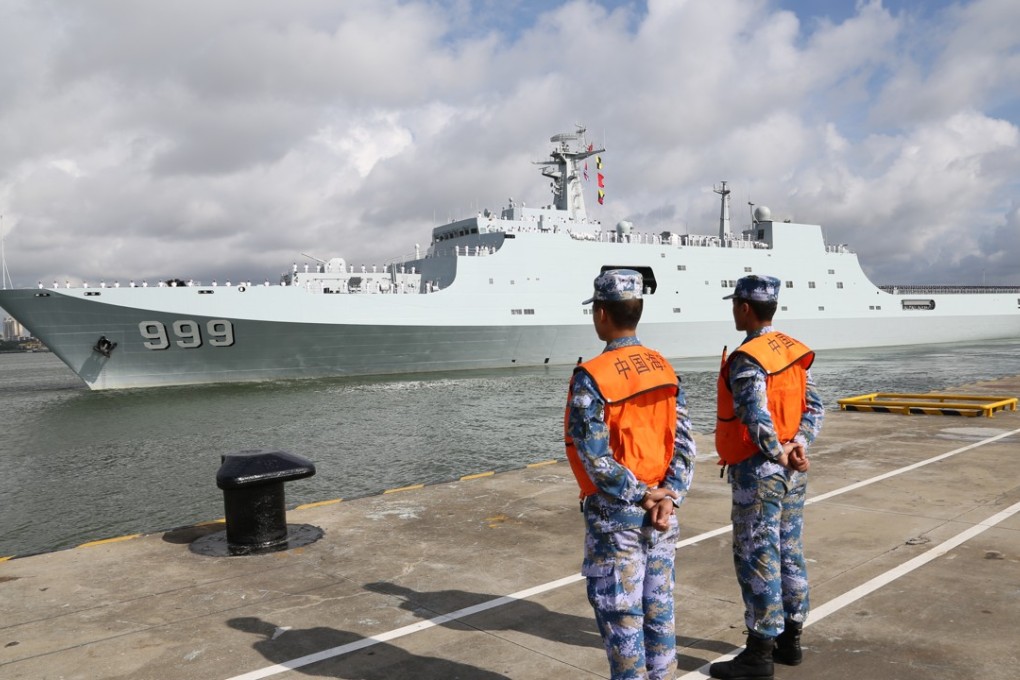Overseas bases an act of responsibility
The facility can help ensure security, and take part in humanitarian missions and rescues, and other countries should have no need to be concerned

The thought of China having overseas military posts is unsettling for some governments. India, in particular, is warily eyeing the alliances and assets in its surrounding countries. The deployment of personnel to set up the first Chinese naval base abroad, in Djibouti on the northwestern edge of the Indian Ocean, has heightened concern. But New Delhi and others should see the development positively; it will help Beijing meet international expectations of being a responsible world power.
Beijing is only too aware of the sensitivity of the base and describes it as a “logistics facility”. The People’s Liberation Army soldiers based there will help ensure security in the busy shipping lanes approaching the Suez Canal and contribute to peacekeeping and humanitarian aid in Africa and West Asia. They will be able to assist with emergency rescue missions and disaster relief and will enable China to take part in joint military exercises in the region. That is what the international community increasingly expects of China as its economy and influence grows.
But the base is also important to China. A permanent military presence on the Horn of Africa, 7,700km from Beijing, is hugely symbolic; it says much about the nation’s development and ambitions. Djibouti is strategically located, overseeing vital sea routes to the Middle East and Europe and serving as a gateway to Africa, where Chinese interests are rapidly expanding. There needs to be protection for investments and the more than one million Chinese who now live and work on the African continent. The base is centrally located on the path of the “Belt and Road Initiative”, China’s ambitious plan to bring development and prosperity from Asia to Europe by land and sea through trade, investment and infrastructure.
Such circumstances make China’s establishment of its first overseas military base understandable. As its links to other nations expand, so too will its need for more bases. But Beijing also has to be aware of the risks of having troops overseas; their presence needs to be properly explained to avoid misunderstandings and, potentially, conflicts. And having bases could be seen as a shift away from China’s long-standing policy of not interfering in the internal affairs of other countries. They can also be a target for extremists and terrorists.
President Xi Jinping has been spearheading a more robust foreign policy for China and the base in Djibouti perfectly fits that thinking. A foreign ministry official said the base would help China make “new and greater contributions” to peace in Africa and the world and would improve the economy of Djibouti, where poverty is rampant.